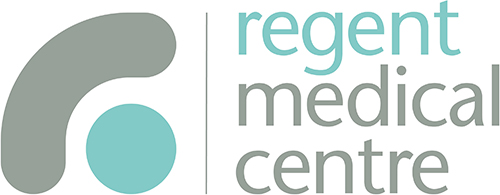Could you save money on your prescriptions?
The cost of standard NHS prescriptions is now £9.90. That’s an increase of 25p.
Costs for other NHS prescriptions have also increased. The full list of prescription price changes can be found on the Government website.
But could you be saving money on your prescriptions?
Read on to find out about options for saving money on regular prescriptions, or other ways you might be able to get help with some or all of the cost.
Prescription Prepayment Certificates
If you know you will need lots of different prescriptions, it may be cheaper for you to buy a prescription prepayment certificate (PPC).
For a set cost, a PPC covers any prescriptions you might need.
A three-month PPC costs £32.05. You will save money if you need more than three items during those three months.
For £114.50, you can get a PPC that will cover all of your prescriptions for 12 months. If you need 11 or more prescriptions issued over the course of a year, a PPC will save you money. You can also spread the cost of a prepayment certificate over 10 months by direct debit.
The quickest and easiest way to buy or renew a Prescription Prepayment Certificate is online via the NHS website.
If you need extra help, you can call 0300 330 1341.
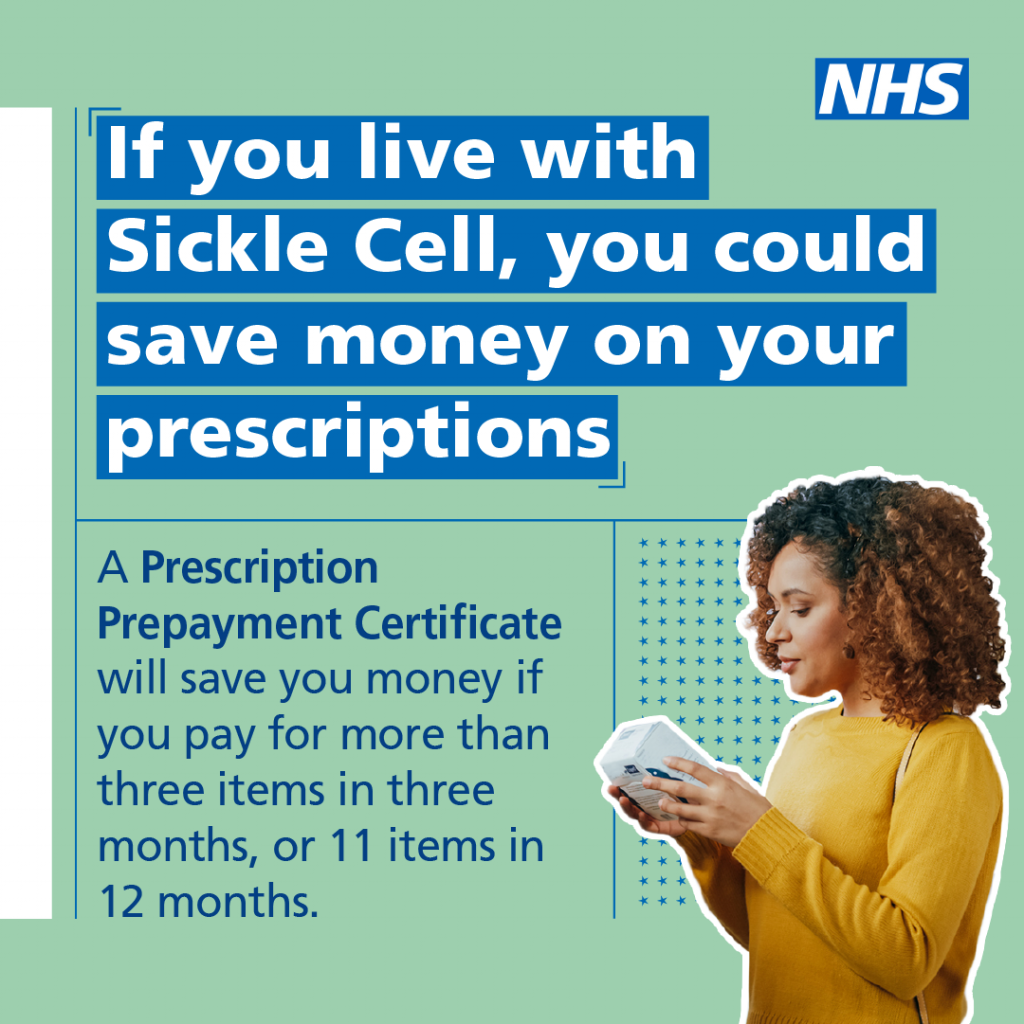
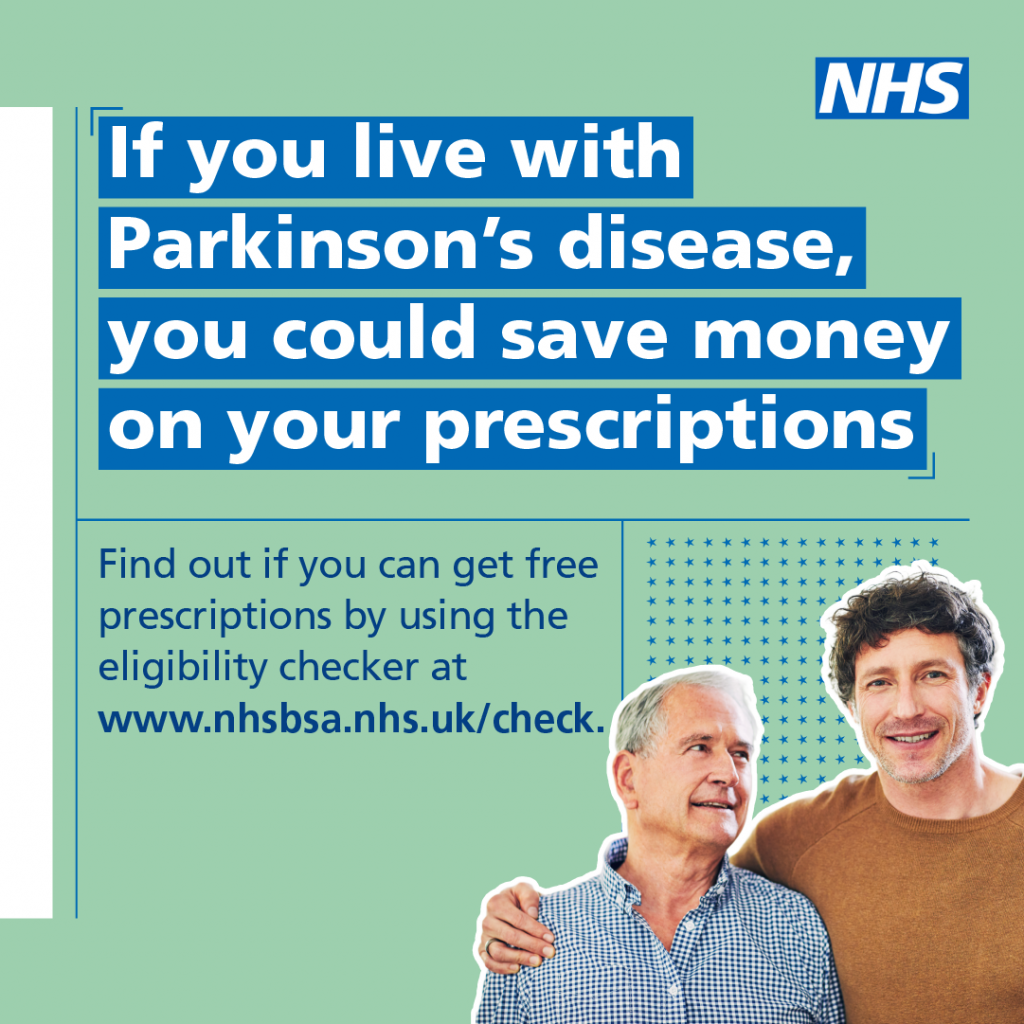
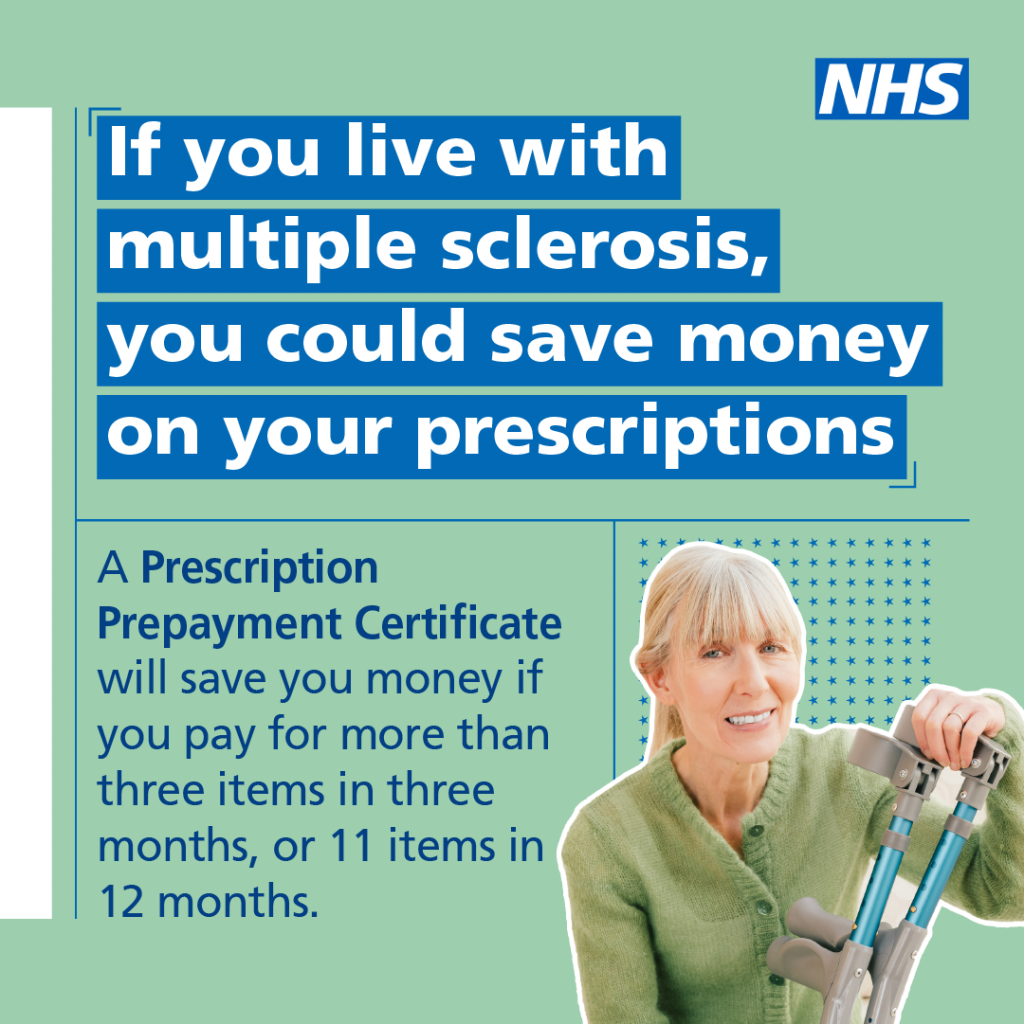
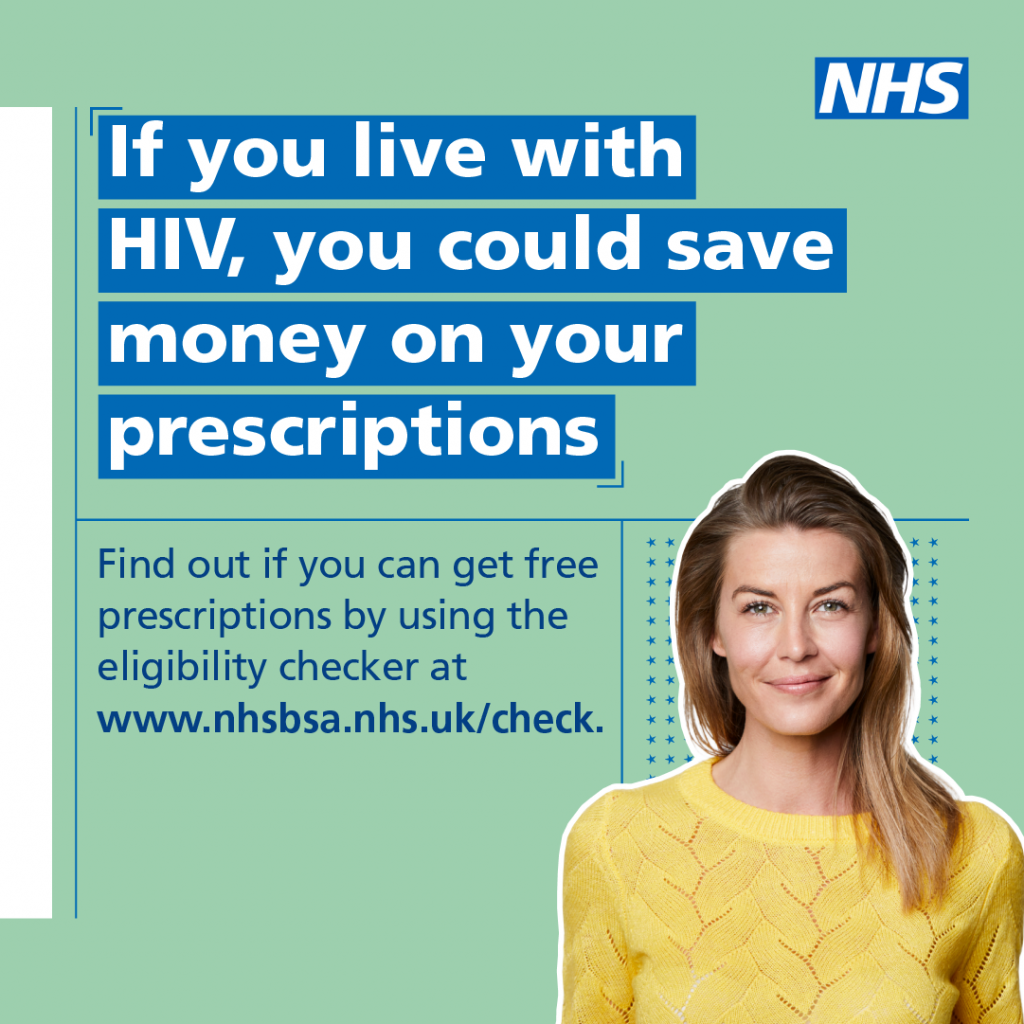
Free Prescriptions
In England, certain groups of people do not have to pay for NHS prescriptions (prescriptions are normally free for everyone in Wales, Scotland and Northern Ireland).
Patients in England can get free prescriptions if you:
- Are aged 60 or over
- Are aged under 16
- Are aged 16 to 18 and are in full-time education
- Are pregnant or have had a baby in the last 12 months, and you have a valid maternity exemption certificate
- Have a specified medical condition, and you have a valid medical exemption certificate
- Have a physical disability that stops you from leaving your home without assistance, and you have a valid medical exemption certificate
- Have a valid war pension exemption certificate and the prescription is for your accepted disability
- Are an NHS inpatient (if you’ve been referred to the hospital and need to stay overnight)
Universal Credit and Benefits
If you receive benefits, you may be eligible for free prescriptions, but it’s important to check your eligibility.
You can get free prescriptions – including NHS dental care – if you receive:
- Income support
- Income-based Job Seeker’s Allowance
- Income-related Employment and Support Allowance
- Pension Credit (Guarantee Credit) paid on its own, or Pension Credit (Guarantee Credit with Savings Credit)
- Some tax credits
- Universal Credit if your earnings in your last assessment period were £435 or less, or £935 or less if you get money for a child, or have limited capability for work and work-related activity.
Maternity Exemption
If you’re pregnant or have had a baby in the last 12 months, you’re entitled to free NHS prescriptions with a maternity exemption certificate.
You can also use this certificate whilst pregnant to prove your entitlement to free NHS dental treatment.
The easiest way to get a maternity exemption is to use the digital maternity exemption service.
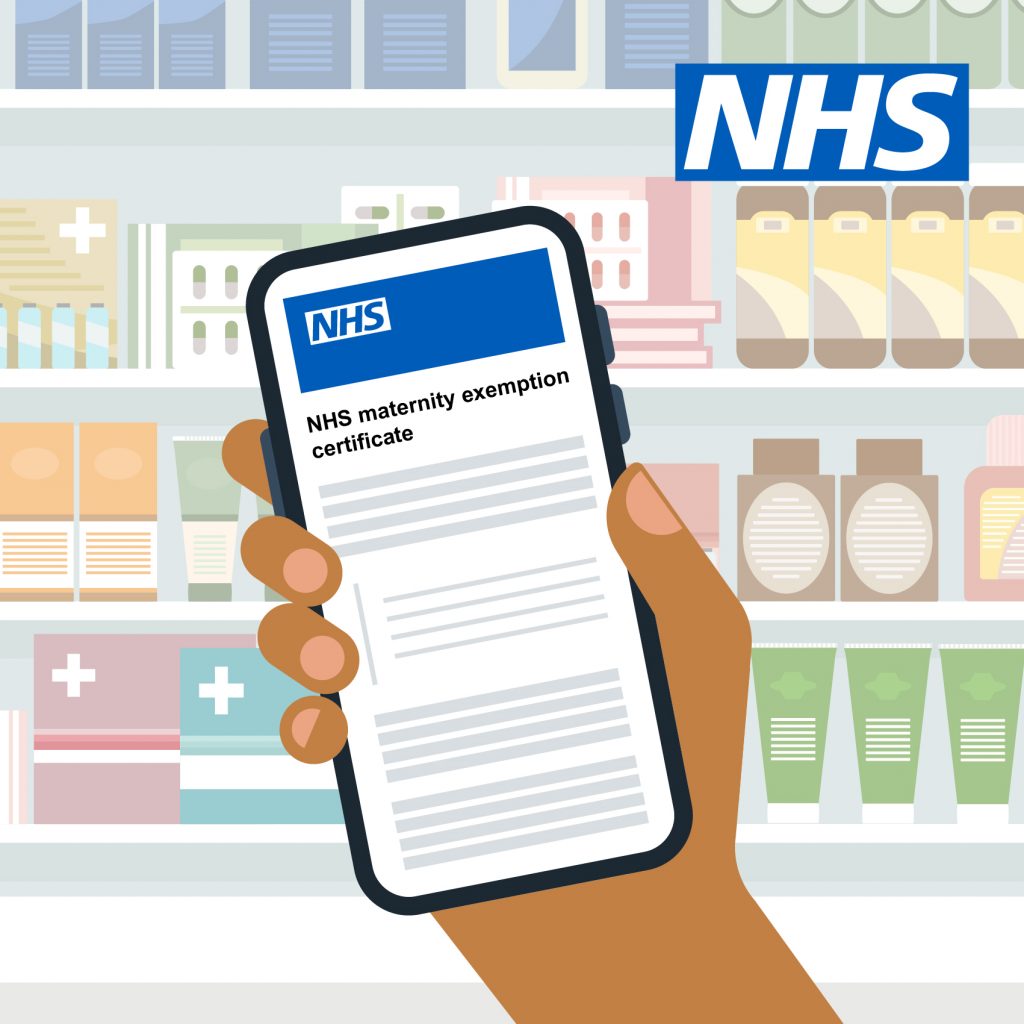
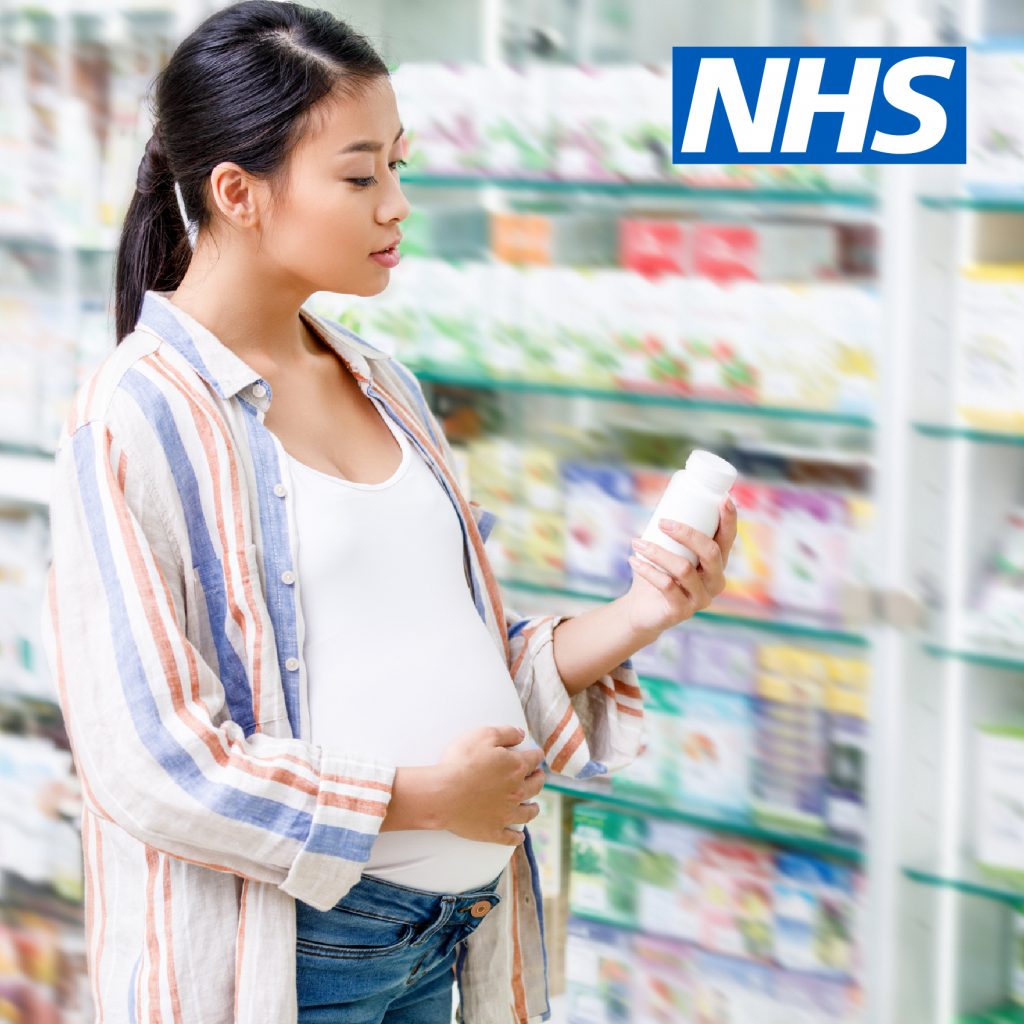
Medical Exemption
You are also entitled to free prescriptions if you have a specific medical condition.
The included conditions for a medical exemption certificate are:
- a permanent fistula (for example, caecostomy, colostomy, laryngostomy or ileostomy) which needs continuous surgical dressing or an appliance
- a form of hypoadrenalism (for example, Addison’s Disease) for which specific substitution therapy is essential
- diabetes insipidus and other forms of hypopituitarism
- diabetes mellitus, except where treatment is by diet alone
- hypoparathyroidism
- myasthenia gravis
- myxoedema (that is, hypothyroidism which needs thyroid hormone replacement)
- epilepsy which needs continuous anticonvulsive therapy
- a continuing physical disability which means you cannot go out without the help of another person
- cancer and are undergoing treatment for either:
- cancer
- the effects of cancer
- the effects of cancer treatment
You need to speak to a GP to apply for a medical exemption certificate. If approved, it will normally last for 5 years before needing to be renewed.
Low Income Scheme
The NHS Low Income Scheme can help pay for NHS prescriptions and dental treatment, eyes tests, glasses and contact lenses and more.
Anyone can apply as long as they do not have savings or investments over a certain limit. You cannot get help if you or your partner (or both) have more than:
- £16,000 in savings, investments or property (not including the place where you live)
- £23,250 in savings, investments or property if you live permanently in a care home
A new service allows some people to apply for the NHS Low Income scheme online.
You can use this service if you are:
- a pensioner
- a student
- earning a wage
- receiving state benefits
- living in a care home
Remember, you should never assume you are entitled to free or subsidised NHS prescriptions. Signing for free prescriptions when you are not entitled to them could mean having to pay a £100 penalty as well as the original cost of the prescription.
If in doubt, always check your eligibility.
